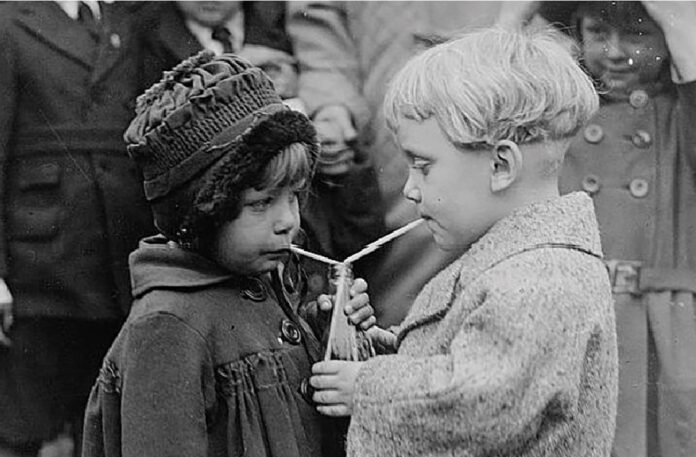IN THE BIBLE’S BOOK of Exodus we’re told how God brought His people Israel out of slavery in Egypt and led them towards the Promised Land. He made a covenant with them, and gave them a Law, and instructions on how He was to be worshipped. Their worship revolved around a special tent called the Tabernacle, which was at the centre of the nation as it travelled through the wilderness.
We’re told in detail about the construction of the Tabernacle. It required a spirit of willingness from the people. The service of God requires willingness.
Dwelling With God
Israel’s leader Moses received instruction from God on Mount Sinai. When he returned to the people his face shone because he’d been in the presence of God, and they were afraid (Exodus 34:29–30). He called a meeting of the people and their leaders, to tell them what God had said to him (35:1–2).
Moses told the people that God had invited them to bring offerings (35:5–9). This was a preparation for building the tabernacle.
Through the rest of the chapter, and indeed the book, the people begin to prepare for the presence of God. They had been afraid when He first spoke to them (20:18–21), but now He was going to come and dwell among them! Moses prepared them for this privilege. The tabernacle was to be built using gifts they would bring.
Moses said to all the congregation of the people of Israel, “This is the thing that the Lord has commanded. Take from among you a contribution to the Lord. Whoever is of a generous heart, let him bring the Lord’s contribution: gold, silver, and bronze; blue and purple and scarlet yarns and fine twined linen; goats’ hair, tanned rams’ skins, and goatskins; acacia wood, oil for the light, spices for the anointing oil and for the fragrant incense, and onyx stones and stones for setting, for the ephod and for the breastpiece. Let every skilful craftsman among you come and make all that the Lord has commanded…” (Exodus 35:4–10).
The emphasis is on those whose hearts were stirred (vs. 21 and 26), and those with willing hearts (v. 22). What a beautiful sight their work must have been! So every man and woman brought their offerings to God (v. 29). They gave cheerfully and with a ‘willing heart’. The Hebrew word ‘willing’ literally means ‘whose hearts were lifted up’. The people gave because they understood that God had freed them from slavery to be His people.
Our Willing Hearts
The Apostle Paul said, ‘Each one must give as he has decided in his heart, not reluctantly or under compulsion, for God loves a cheerful giver’ (2 Corinthians 9:7).
Generosity is not about what’s in our bank account, it’s about what’s in our heart. We know that through the overflow of our heart we will act one way or the other. And if our hearts are right, that goodness will manifest itself in a generous spirit, for example in the way we treat others, expecting nothing in return.
We can imagine with all the activity in the camp of Israel, with willingness and cheerful giving, the camp was never happier. This is a common experience: when people are giving and working for a cause they believe in, there is a special atmosphere. And when that cause is the service of God it is particularly special. God loves those who give, and work, with ‘willing hearts’.
Our thoughts turn to Jesus Christ , who demonstrated the spirit of willingness in all he did and provides an example for all his followers. He was willing to give his life for our sakes. Think particularly of his ordeal in the Garden of Gethsemane, as he prepared for his arrest and death (Matthew 26:36–46). How he must have agonised in prayer because of what he was to face and endure. Did his thoughts and prayers go to Psalm 40? It is a psalm of faith and perseverance in trouble. The entire Psalm could be speaking of Jesus in Gethsemane, but in particular:
I waited patiently for the Lord; he inclined to me and heard my cry… Blessed is the man who makes the Lord his trust, who does not turn to the proud, to those who go astray after a lie!… I delight to do your will, O my God; your law is within my heart… Be pleased, O Lord, to deliver me! O Lord, make haste to help me!… As for me, I am poor and needy, but the Lord takes thought for me. You are my help and my deliverer; do not delay, O my God! (Psalm 40:1, 4, 8, 13, 17).
God gives us all our needs. He gave His Son for our salvation. He deserves our thanks, and our service with a willing heart.
Jenny Ingham



